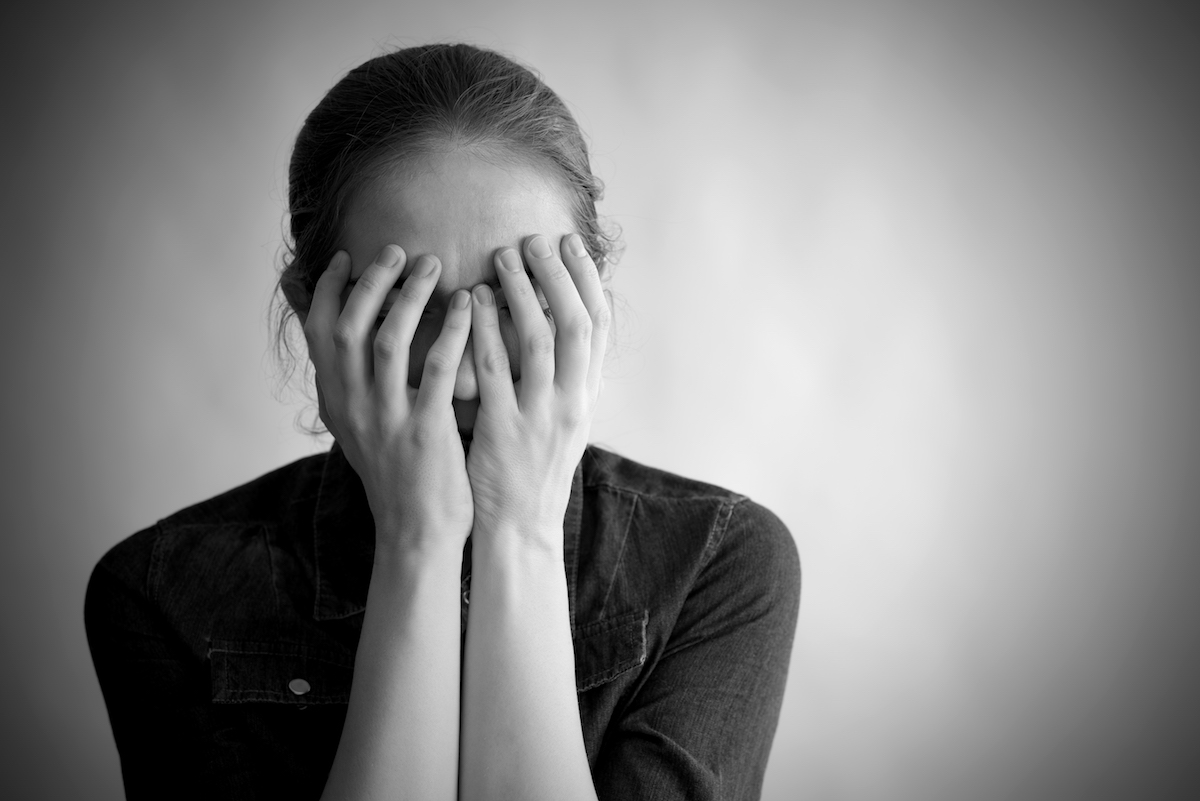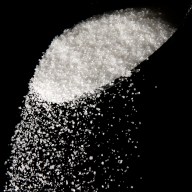Self-help books are a billionaire business, but do they actually help? In his new book “Stand Firm: Resisting the Self-Improvement Craze,” out this month, Danish psychologist Svend Brinkmann argues that self-help literature can actually cause anxiety problems, encourage narcissism and lead to depression in readers. We spoke with Brinkmann about why the genre ultimately fails and why folks would actually do better to read novels instead.
Why do people keep buying self-help books?
Do self-help books actually lead to more problems?
What are some of the specific problems self-help books could cause?
So, self-help books are only a placebo effect, which doesn’t provide real and practical solutions?
What about self-help coaches?
Not all self-help books have easy formulas. Could any of them work?
Why self-help books don’t work

ISTOCK
If self-help books work, why is there are a boom of new literature on this topic every year?
I think that the fact that hundreds of these books are published every year is proof that they don’t work! If one self-help book was written that really did work, then we would not need all the others. These books simply sell the illusion to the reader that he or she can be in control of his or her destiny and achieve happiness, health and success. It’s a very individualist idea that leaves the individual alone with the responsibility whenever he or she fails in achieving these things.
I think they buy them because if we cannot change society, then we can change ourselves – seems to be the idea. But this is a source of despair. Progress in society has always come from collective and political action. Not from individuals who work on their own lives to “get in touch with their inner feelings” or something like that.
As I see it, the real problem lies in a society that is becoming more and more individualistic. Self-help books are just a symptom of that problem, because they tell the reader that they can fix their own problems without the need for community. People become unhappy when they can not live up to the expectations found in these books, and they blame themselves.
Narcissism, because many these books instruct the reader in how to love oneself; despair, because it is often impossible to fulfill one’s dreams; and depression when one becomes exhausted from constant self-optimization and personal development.
Yes, that is a good way of putting it. Sometimes they even function as a “nocebo” effect, actually making people worse off than they were before. I am not saying that no self-help book ever helps. Studies show that some people can benefit from some of these books. But like medicine they can have adverse side effects — of self-blame and mental exhaustion.
A coach like Tony Robbins says that we should aim for “constant and never-ending improvement” which means that people should always be on the move and can never be good enough — that is a dangerous message to sell to people. Also, he says: “Success is doing what you want to do, when you want, where you want, with whom you want, as much as you want.” This, actually, is completely empty, because it doesn’t address what one wants! What if one wants something unethical? Coaching is an individualist practice with little ethical awareness, and for that reason it is too thin as a life philosophy.
I would rather if people threw them away and began to talk more with their friends instead. Better to read novels, than self-help books. Novels depict all the messy trouble that is part of human life, and that is actually quite consoling.


















